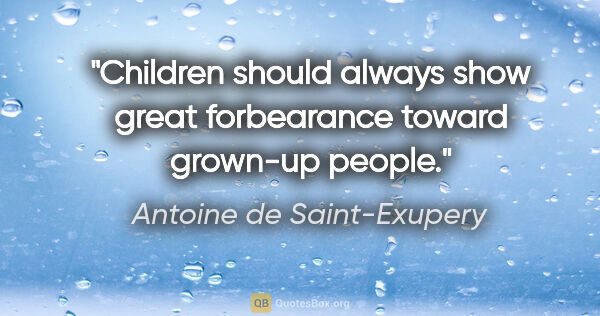Greatness Quotes (page 165)
In every work of genius we recognize our own rejected thoughts: they come back to us with a certain alienated majesty. Great works of art have no more affecting lesson for us than this. They teach us to abide by our spontaneous impression with good-humored inflexibility then most when the whole cry of voices is on the other side. Else, to-morrow a stranger will say with masterly good sense precisely what we have thought and felt all the time, and we shall be forced to take with shame our own...
Ralph Waldo Emerson
Nature's great mistake was to have been unable to confine herself to one "kingdom": juxtaposed with the vegetable, everything else seems inopportune, out of place. The sun should have sulked at the appearance of the first insect, and gone out altogether with the advent of the chimpanzee.
Emile M. Cioran

There was the cell where Fr. Eulalio, a thriving lunatic of eighty-six who was castigating himself for unchristian pride at having all the vowels in his name, and greatly revered for his continuous weeping, went blind in an ecstasy of such howling proportions that his canonization was assured.
William Gaddis
The love of the painter standing alone and staring, staring at the great coloured surface he is making. Standing with him in the room the rearing canvas stares back with tentative shapes halted in their growth, moving in a new rhythm from floor to ceiling. The twisted tubes, the fresh paint squeezed and smeared across the dry upon his palette. The dust beneath the easel. The paint has edged along the brushes' handles. The white light in a northern sky is silent. The window gapes as he inhales...
Mervyn Peake
It seems to me what is called for is an exquisite balance between two conflicting needs: the most skeptical scrutiny of all hypotheses that are served up to us and at the same time a great openness to new ideas...If you are only skeptical, then no new ideas make it through to you? On the other hand, if you are open to the point of gullibility and have not an ounce of skeptical sense in you, then you cannot distinguish the useful ideas from the worthless ones.
Carl Sagan

Very deep things in our nature, some dim sense of the dependence of great things upon small, some dark suggestion that the things nearest to us stretch far beyond our power, some sacramental feeling of the magic in material substances, and many more emotions past fading out, are in an idea like that of the external soul. The power even in the myths of savages is like the power in the metaphors of poets. The soul of such a metaphor is often very emphatically an external soul.
Gilbert K. Chesterton


